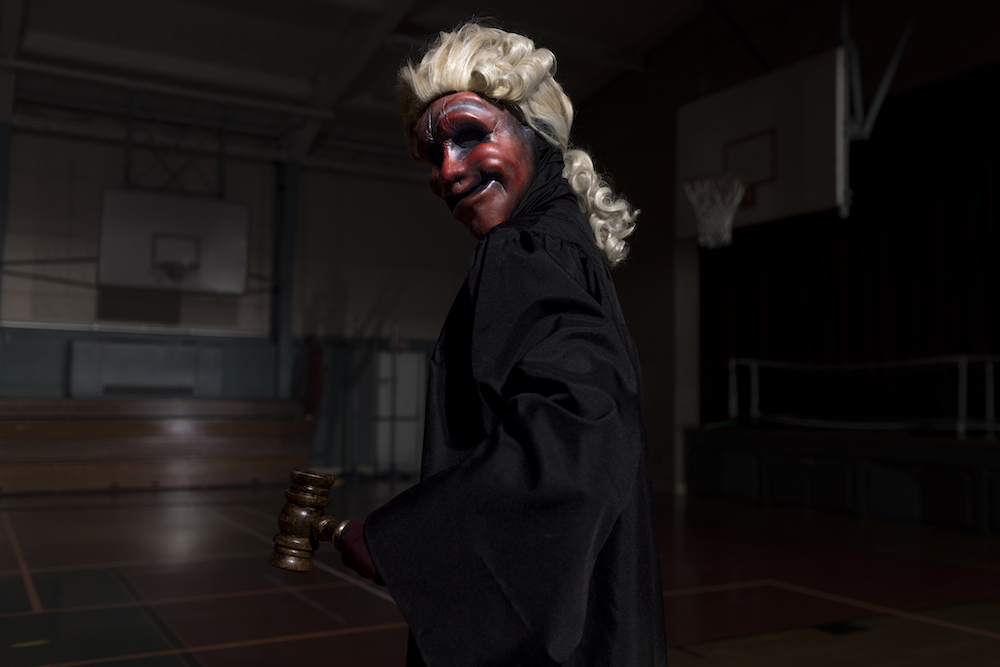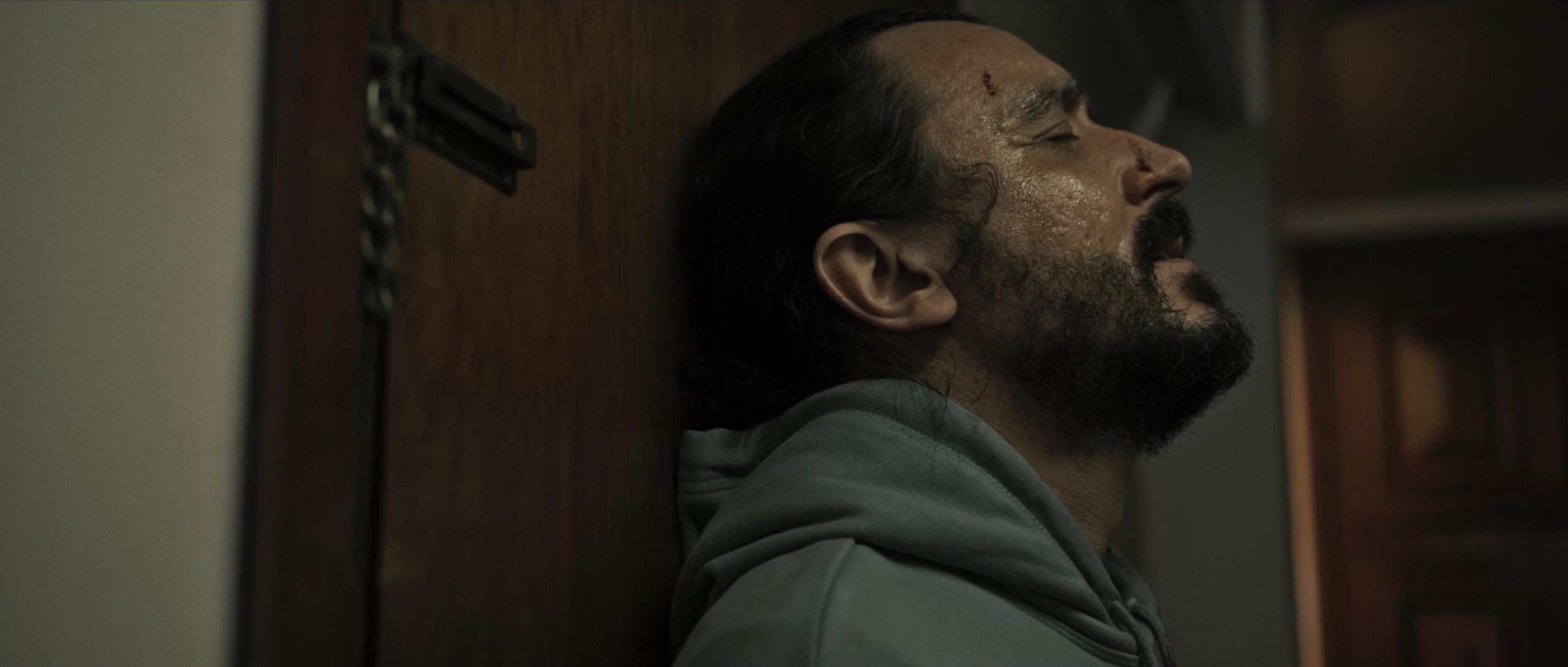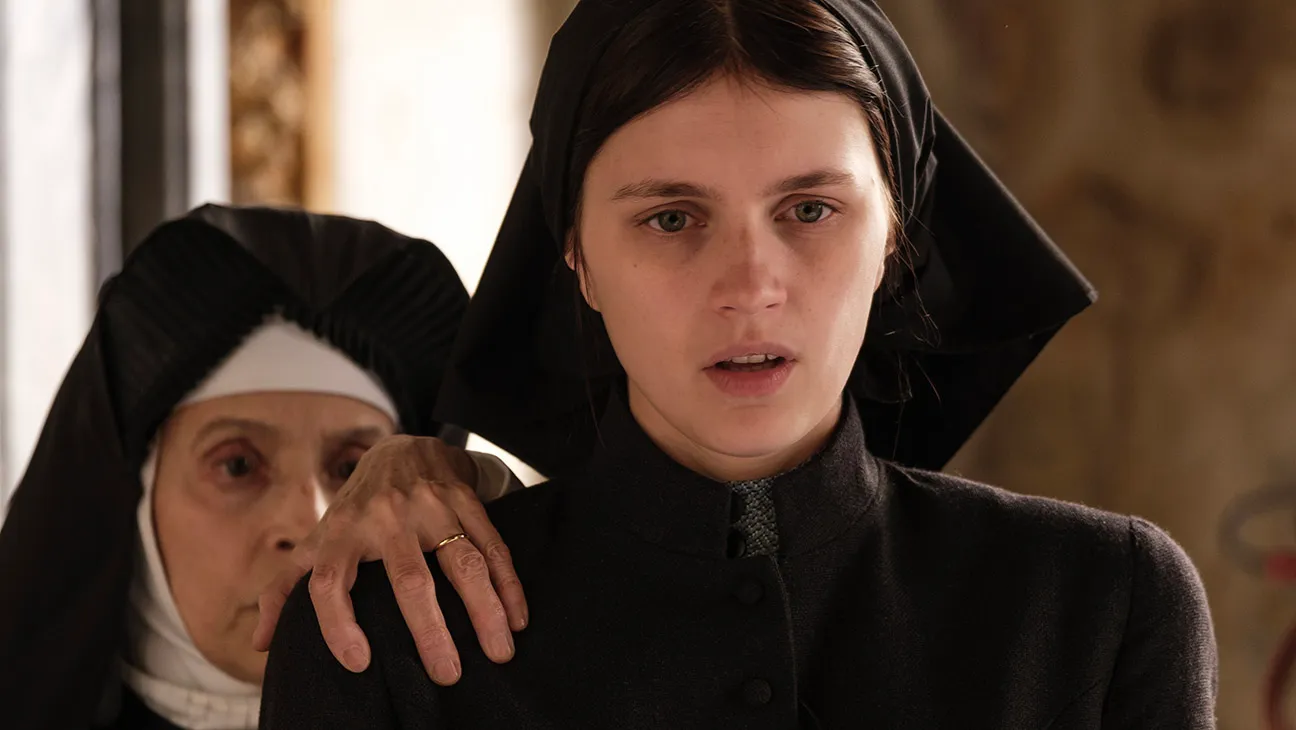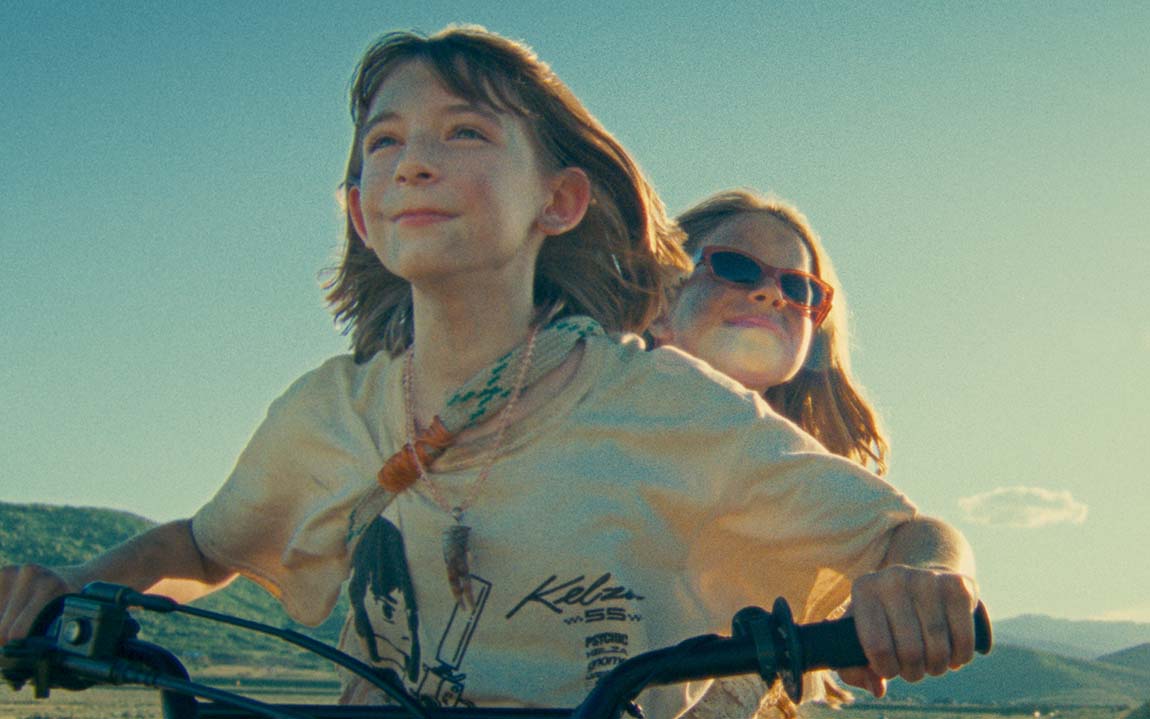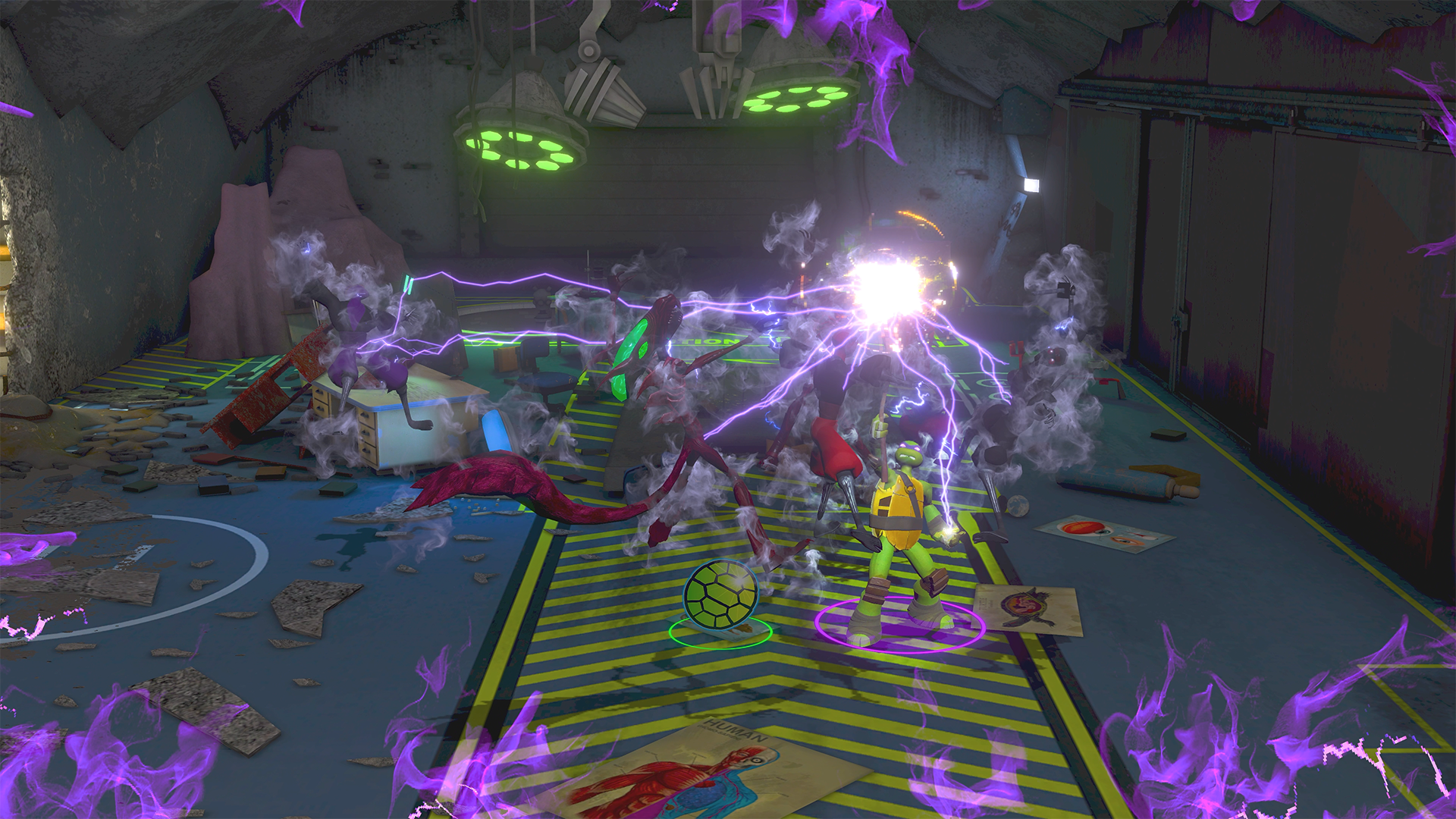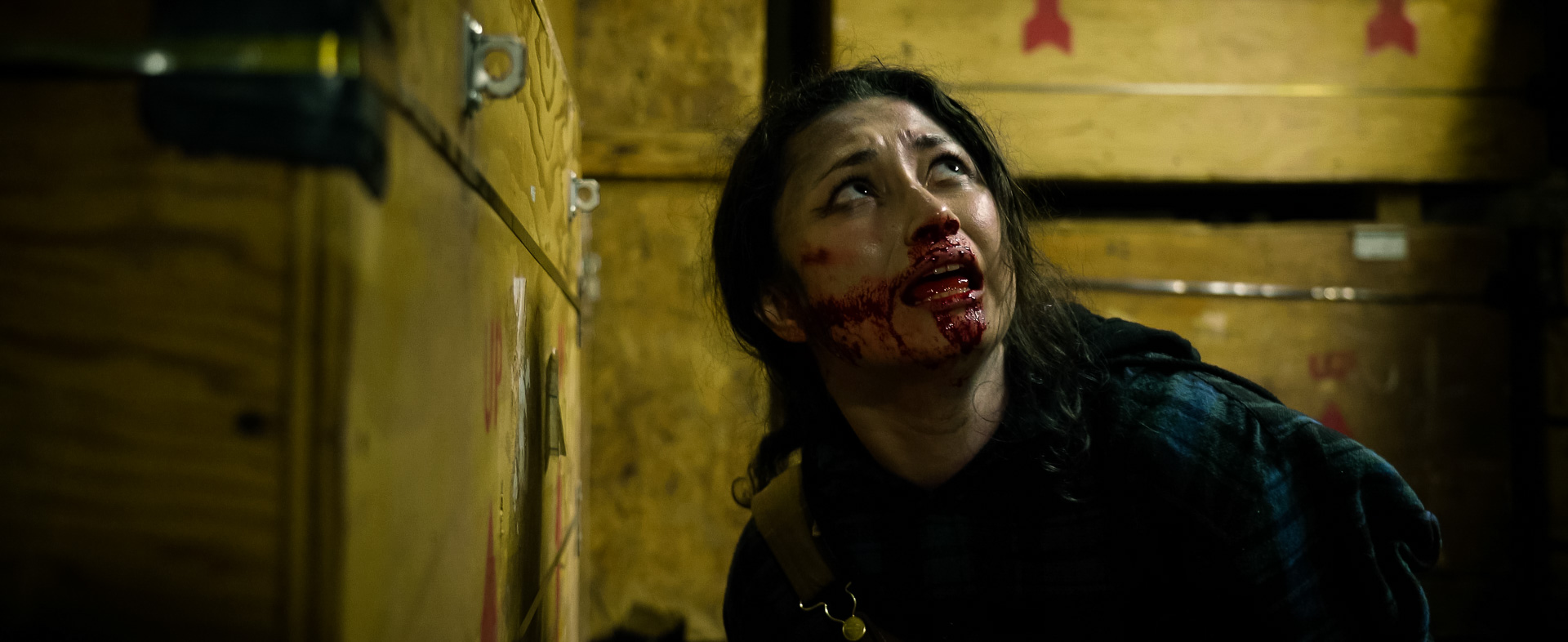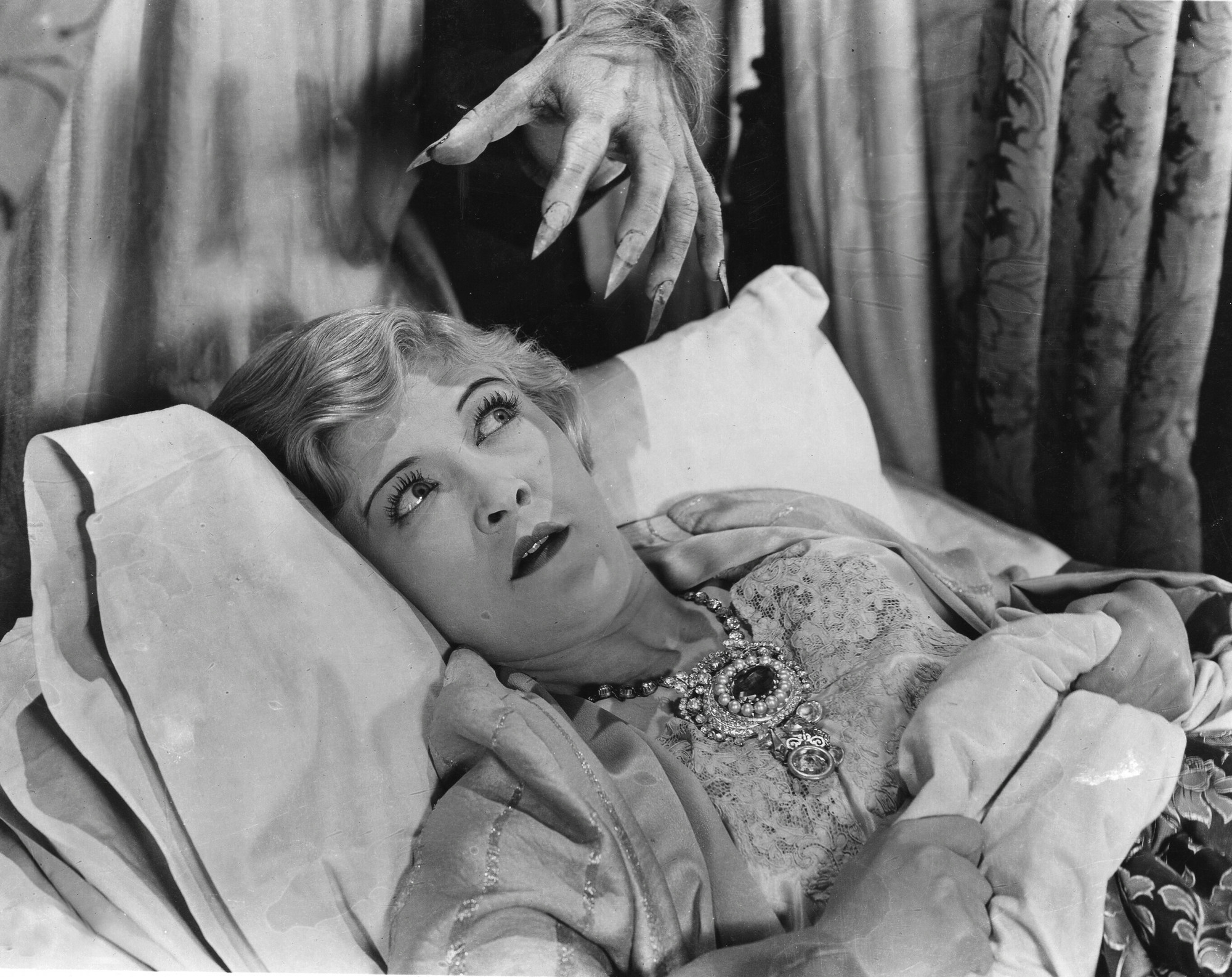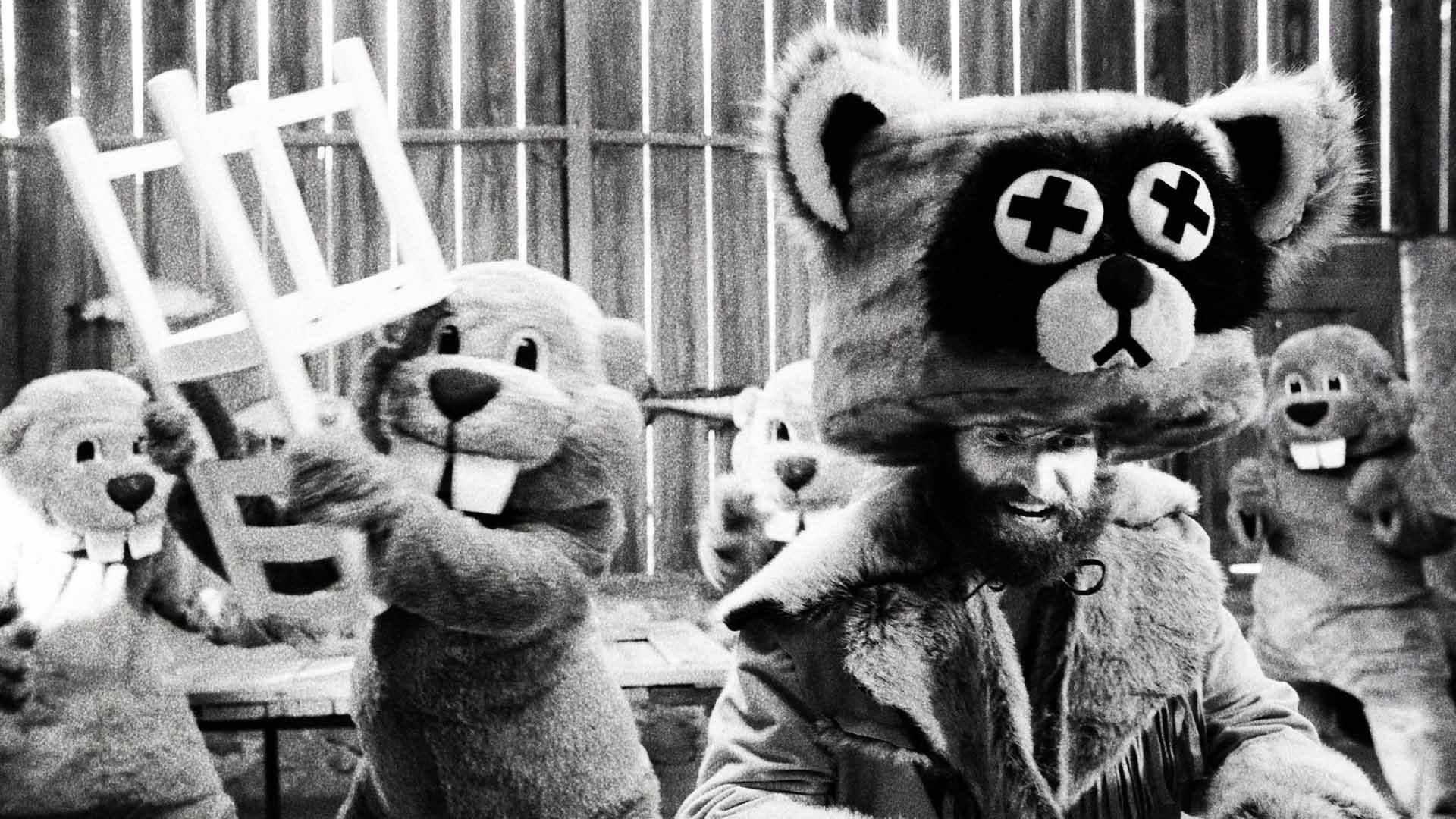The true story of writer and comedian Richard Gadd’s experience with a female stalker, as previously told in his one-man Edinburgh Fringe show, and now adapted into a Netflix limited series of the same name.
Adapting the story across seven episodes, Gadd plays barman and aspiring comedian Donny Dunn, who attracts the attention of stalker Martha (Jessica Gunning) with a kind word and a cup of tea. Donny quickly realises that there’s something not quite right about Martha, but sympathy, good humour, and a little bit of ego keep him stringing her on… long after he realises that he shouldn’t.
From here, things quickly spiral out of control, with Martha inserting herself into every corner of Donny’s life, in both jobs (including a nails-down-the-chalkboard uncomfortable comedy gig, where he lightly encourages her heckling for the laughs), at home, and in his burgeoning relationship with Teri (Nava Mau). And yet, no matter how far Martha goes – harassing his family, assaulting him in a dark alley – Donny can’t bring himself to cut her off completely.
No one-man show this; Gadd and Gunning are a magnetic pairing, finding sympathy in the latter’s sad, scary, intense performance as Martha. The series also serves as a retelling of Gadd’s other stage show, Monkey See Monkey Do – an account of his most harrowing secret and the basis for the darkest, saddest, most disturbing episode of television you’ll see this year.
There are no easy answers here, and much of Baby Reindeer involves Donny/Gadd attempting to make sense of his own past trauma, resisting the urge to paint Martha as a pantomime villain or himself as the hapless victim. Combining Nighty Night/League of Gentlemen-esque laughs with the tone and atmosphere of a horror film, it’s a difficult, provocative work full of palpable pain and humanity.
Baby Reindeer doesn’t make for easy viewing but rewards those who would tolerate the more upsetting sequences with sharp writing, layered performances and a rich vein of black comedy, well tapped.

BABY REINDEER is out now on Netflix UK & Ireland.


